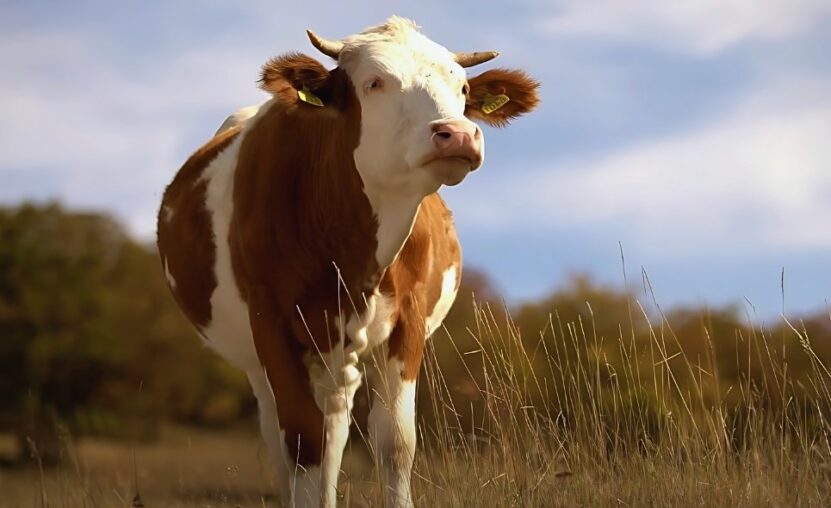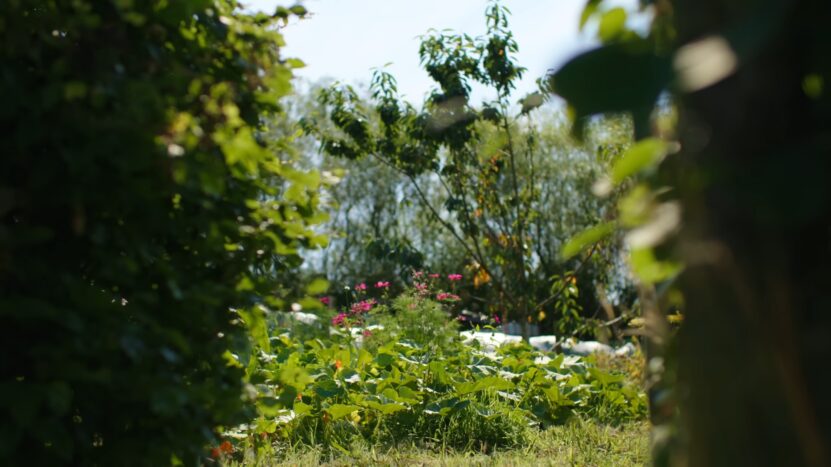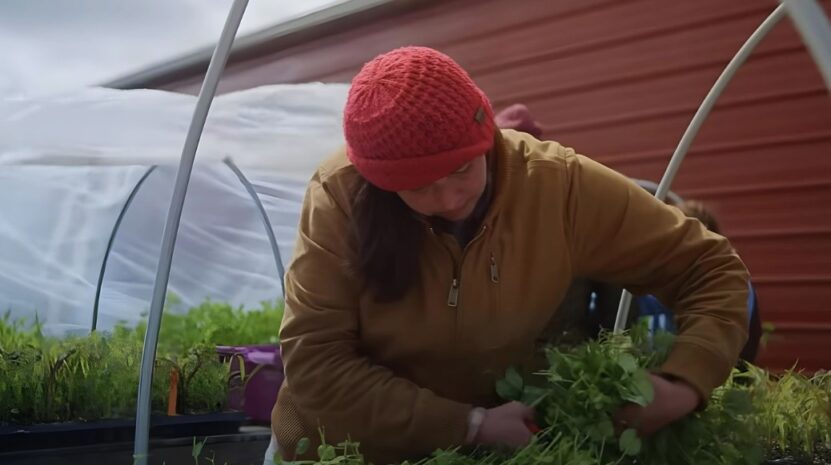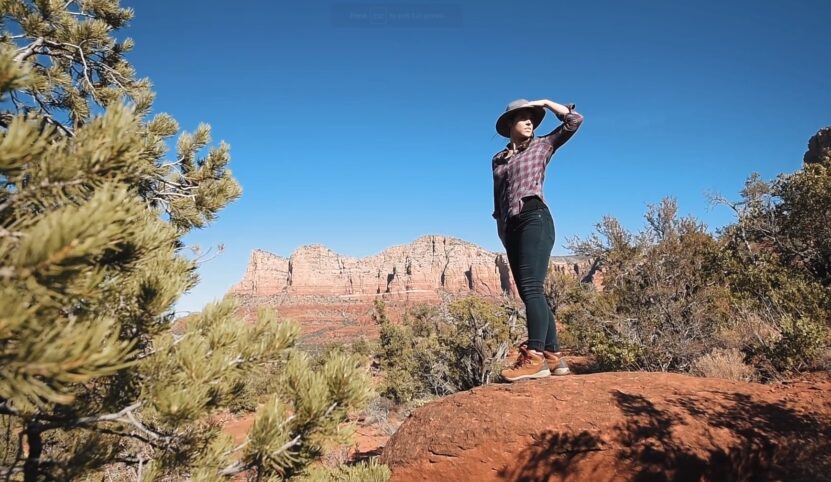I’ve always been interested in the fascinating history of farming and all the different types of livestock that have been part of it over the years.
Those heritage breeds, the ones that were developed slowly over generations to thrive in certain places and farming setups, they’re such a crucial part of that story.
But a lot of them are in danger of disappearing these days. With all the focus on big-scale production and making everything the same, a lot of those unique breeds are getting pushed aside, which is such a bummer.
In this post, I will talk about why these heritage livestock breeds are so important, not just for farmers but for everyone. Let’s begin.
Unique Traits of Heritage Breeds
Heritage livestock breeds bring something special to the table that a lot of modern commercial breeds just don’t have. They’ve got incredible resistance to diseases, they’re super fertile, and they can really forage.
Take Dutch Belted cattle, Arapawa goats, Navajo-Churro sheep, Mulefoot hogs, and Java chickens – those are just prime examples of breeds with some seriously exceptional characteristics.
- Disease Resistance: Strong immune systems make them less susceptible to common ailments.
- Efficient Foraging: Adapted to their local environments, they thrive on natural forage, reducing the need for commercial feed.
- Maternal Instincts: Excellent mothers ensure higher survival rates for offspring.
- Fertility: Consistent and reliable breeding cycles.
Conservation Efforts
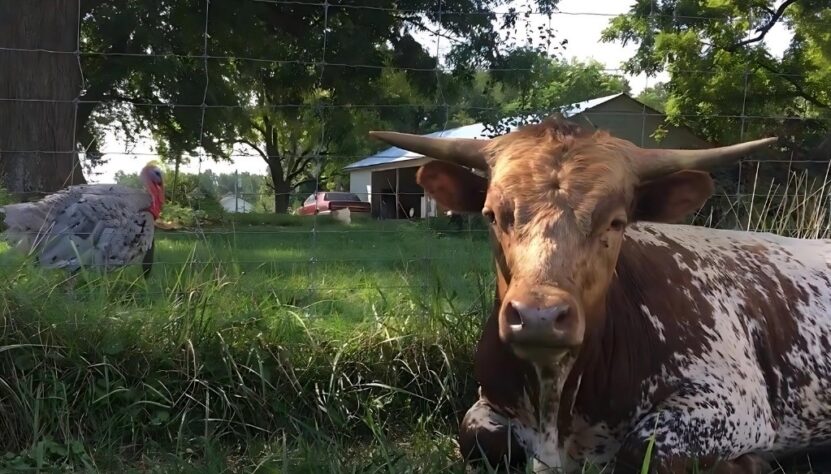
Preserving heritage animal breeds is no easy task, and it really takes some dedicated work. Luckily, there's a group called the Livestock Conservancy that's doing a ton to help out. They've got this system where they categorize different breeds based on how endangered they are - like "Watch," "Threatened," "Critical," "Recovering," and "Study."
On top of that, they've got all sorts of educational resources and breeding programs and little grants to help support the conservation efforts. I, for one, think it's pretty noble of them to be out there working to make sure these unique animals don't disappear.
Why Conservation Matters
Preserving heritage breeds isn't just about keeping things diverse. These animals are a big part of our cultural heritage - they're woven into all sorts of traditions, festivals, and rural life. Plus, they're perfect for those sustainable, grass-fed farming systems, which really helps the little guys stay competitive. It's about a lot more than just maintaining variety.
Heritage Breeds in Practice
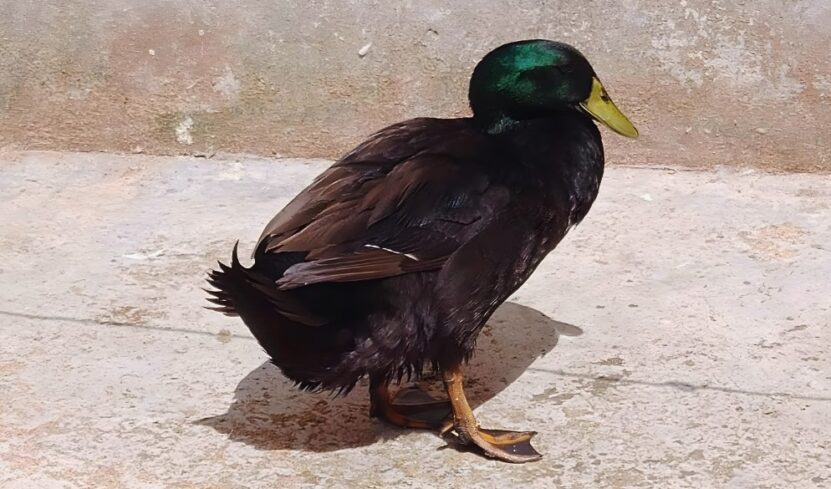
Let's explore some specific breeds and their unique traits. Take Cayuga ducks, for example. They are known for their large size, black plumage with an iridescent green tint, and unique charcoal-colored eggs.
Heritage breeds like the Cayuga are often the original versions of many modern domestic livestock brought to North America during colonization. Their tolerance to cold, consistent egg production, and foraging skills make them ideal for homesteading, even if they are less favored in commercial farming.
Other Notable Breeds
- Dutch Belted Cattle: Renowned for their distinctive black and white belts and excellent milk production.
- Arapawa Goats: Known for their hardiness and ability to thrive in rough environments.
- Navajo-Churro Sheep: Valued for their wool, which is used in traditional weaving.
- Mulefoot Hogs: Recognized for their unique solid hoof and flavorful meat.
- Java Chickens: One of the oldest American breeds, known for their good egg-laying abilities and meat quality.
The Role of Heritage Breeds in Biodiversity
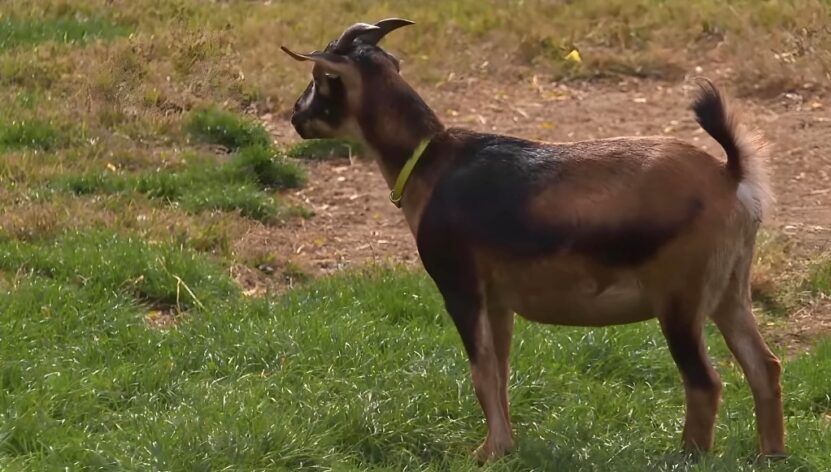
Heritage breeds aren't just the original stock - a lot of them come from selectively breeding other genetic lines over time. But let me tell you, keeping these breeds alive is so important. They help maintain genetic diversity, which is key for making sure our commercial livestock can withstand things like diseases that could really devastate them.
And the cool thing is these heritage breeds can actually thrive in smaller-scale farming setups. That means they can really contribute to local food security and sustainability, which I think is just awesome. We have to make sure we keep these unique animals around.
Urgency in Preservation
Despite their importance, many heritage breeds are more endangered than living, highlighting the urgency in preserving them. The loss of any breed means losing a part of our history, culture, and genetic diversity.
Final Words
Heritage livestock breeds are way more than just your average farm animals. They're living, breathing pieces of our history and culture. These breeds have all sorts of unique qualities and can adapt to all kinds of environments - that's what makes them so valuable.
When you support heritage breeds, you're supporting sustainable farming, cultural traditions, and building a resilient future for agriculture. With that said, spare some time to contribute. It means a great deal for our future.


